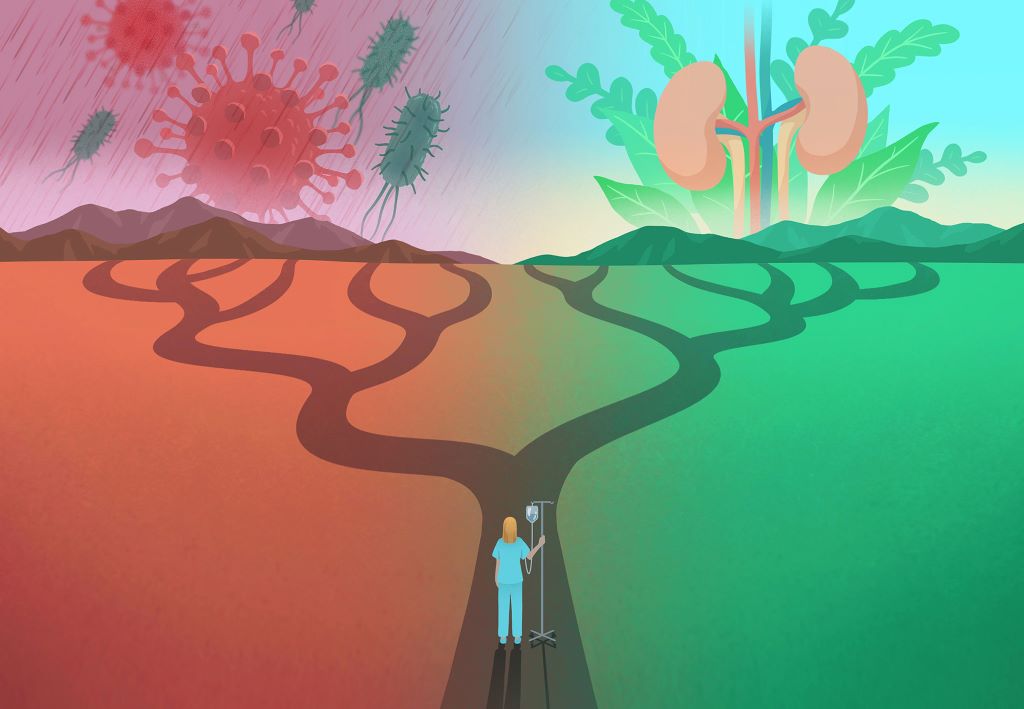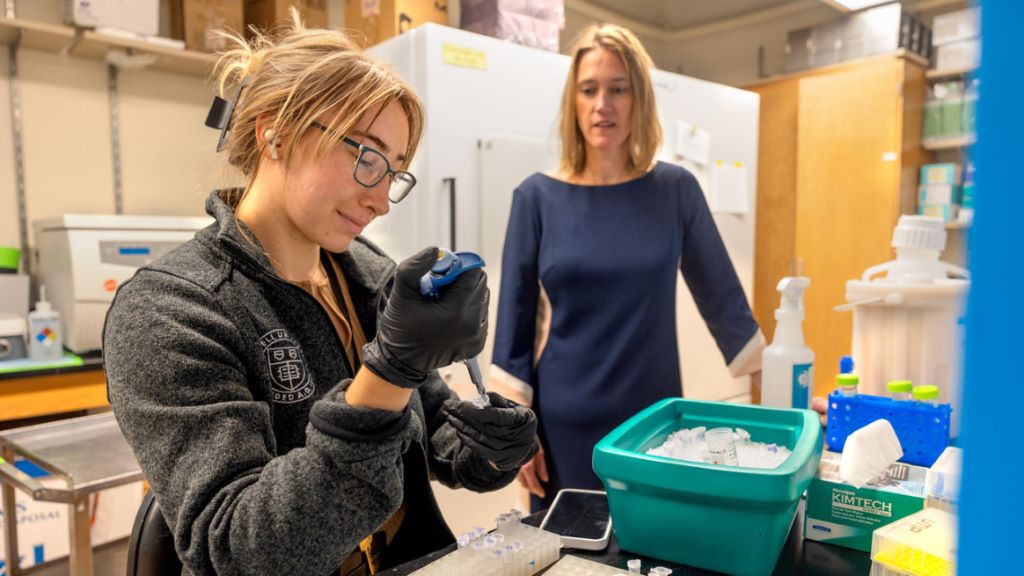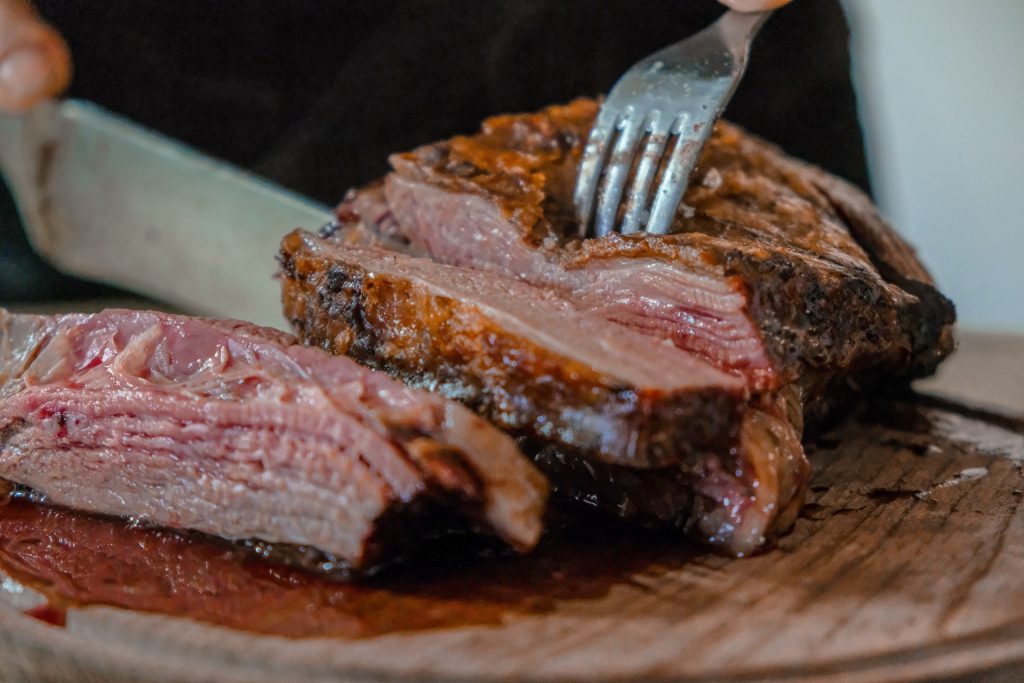More Preservatives in Diet Linked to Increased Cancer Risk
Findings may have important public health implications given the ubiquitous use of these additives, say researchers

Higher intake of food preservatives, widely used in industrially processed foods and beverages to extend shelf-life, is associated with a modestly increased risk of cancer, finds a study from France published by The BMJ.
While further research is needed to better understand these links, the researchers say these new data call for the re-evaluation of regulations governing the use of these additives by the food industry to improve consumer protection.
Preservatives are substances added to packaged foods to extend shelf life. Some experimental studies have shown that certain preservatives can damage cells and DNA, but firm evidence linking preservatives to cancer risk remains scarce.
To address this, researchers set out to examine the association between exposure to preservative food additives and risk of cancer in adults, using detailed dietary and health data from 2009 to 2023.
Their findings are based on 105,260 participants aged 15 years and older (average age 42 years; 79% women) enrolled in the NutriNet-Santé cohort study who were free of cancer and completed regular 24 hour brand-specific dietary records over an average 7.5 year period. Health questionnaires and official medical and death records were then used to track cancer cases up to 31 December 2023.
A total of 17 individual preservatives were analysed including citric acid, lecithins, total sulfites, ascorbic acid, sodium nitrite, potassium sorbate, sodium erythorbate, sodium ascorbate, potassium metabisulfite, and potassium nitrate.
Preservatives were grouped into non-antioxidants (which inhibit microbial growth or slow chemical changes that lead to spoilage) and antioxidants (which delay or prevent food deteriorating by removing or limiting oxygen levels in packaging).
During the follow-up period, 4,226 participants received a diagnosis of cancer, comprising 1,208 breast, 508 prostate, 352 colorectal, and 2,158 other cancers.
Of the 17 individually studied preservatives, 11 were not associated with cancer incidence, and no link was found between total preservatives and cancer incidence.
However, higher intakes of several preservatives (mostly non-antioxidants including potassium sorbate, potassium metabisulfite, sodium nitrite, potassium nitrate, and acetic acid) were associated with higher risk of cancers compared with non-consumers or lower consumers.
For example, total sorbates, specifically potassium sorbate, was associated with a 14% increased risk of overall cancer and a 26% increased risk of breast cancer, while total sulfites were associated with a 12% increased risk of overall cancer.
Sodium nitrite was associated with a 32% increased risk of prostate cancer, while potassium nitrate was associated with an increased risk of overall cancer (13%) and breast cancer (22%).
Total acetates were associated with an increased risk of overall cancer (15%) and breast cancer (25%), while acetic acid was associated with a 12% increased risk of overall cancer.
Among antioxidant preservatives, only total erythorbates and specific sodium erythorbate were found to be associated with higher incidence of cancer.
While more studies are needed to better understand these potential risks, the researchers note that several of these compounds can alter immune and inflammatory pathways, possibly triggering the development of cancer.
This is an observational study, so no firm conclusions can be drawn about cause and effect, and the researchers can’t rule out the possibility that other unmeasured factors may have influenced their results.
However, they say this was a large study based on detailed dietary records linked to food databases over 14 years and results are consistent with existing experimental data suggesting adverse cancer related effects of several of these compounds.
As such, they conclude: “This study brings new insights for the future re-evaluation of the safety of these food additives by health agencies, considering the balance between benefit and risk for food preservation and cancer.”
In the meantime, they call on manufacturers to limit the use of unnecessary preservatives, and support recommendations for consumers to favour freshly made, minimally processed foods.
From a policy perspective, preservatives offer clear benefits by extending shelf life and lowering food costs, which can be particularly important for populations with lower incomes, point out US researchers in a linked editorial.
However, they say the widespread and often insufficiently monitored use of these additives, with uncertainties of their long term health effects, call for a more balanced approach.
Findings from NutriNet-Santé may prompt regulatory agencies to revisit existing policies, such as setting stricter limits on use, requiring clearer labeling, and mandating disclosure of additive contents, while collaborative global monitoring initiatives, similar to those implemented for trans fatty acids and sodium, could also support evidence based risk assessments and guide reformulation by the food industry, they write.
“At the individual level, public health guidance is already more definitive about the reduction of processed meat and alcohol intake, offering actionable steps even as evidence on the carcinogenic effects of preservatives is evolving,” they conclude.
Source: BMJ Group










